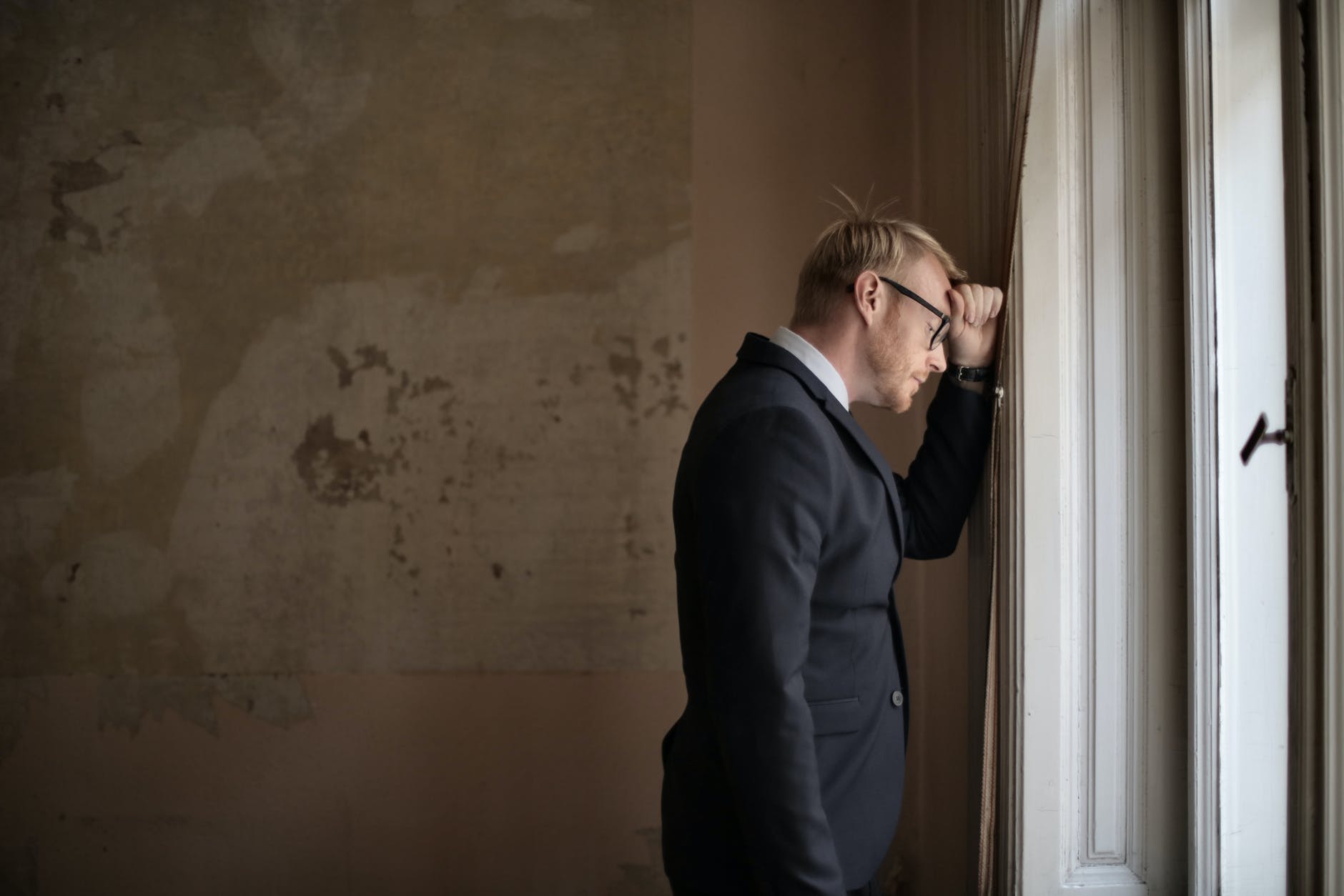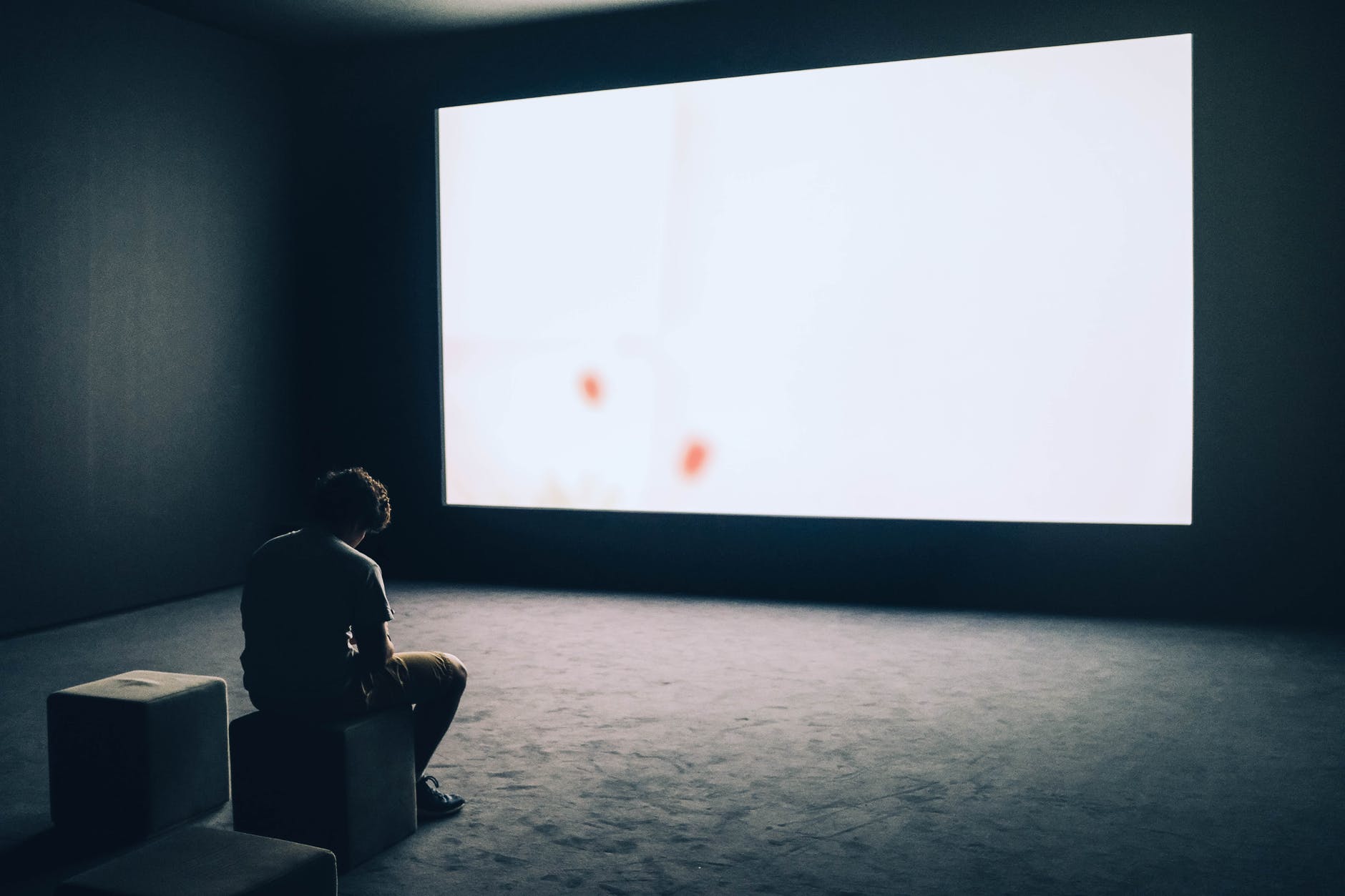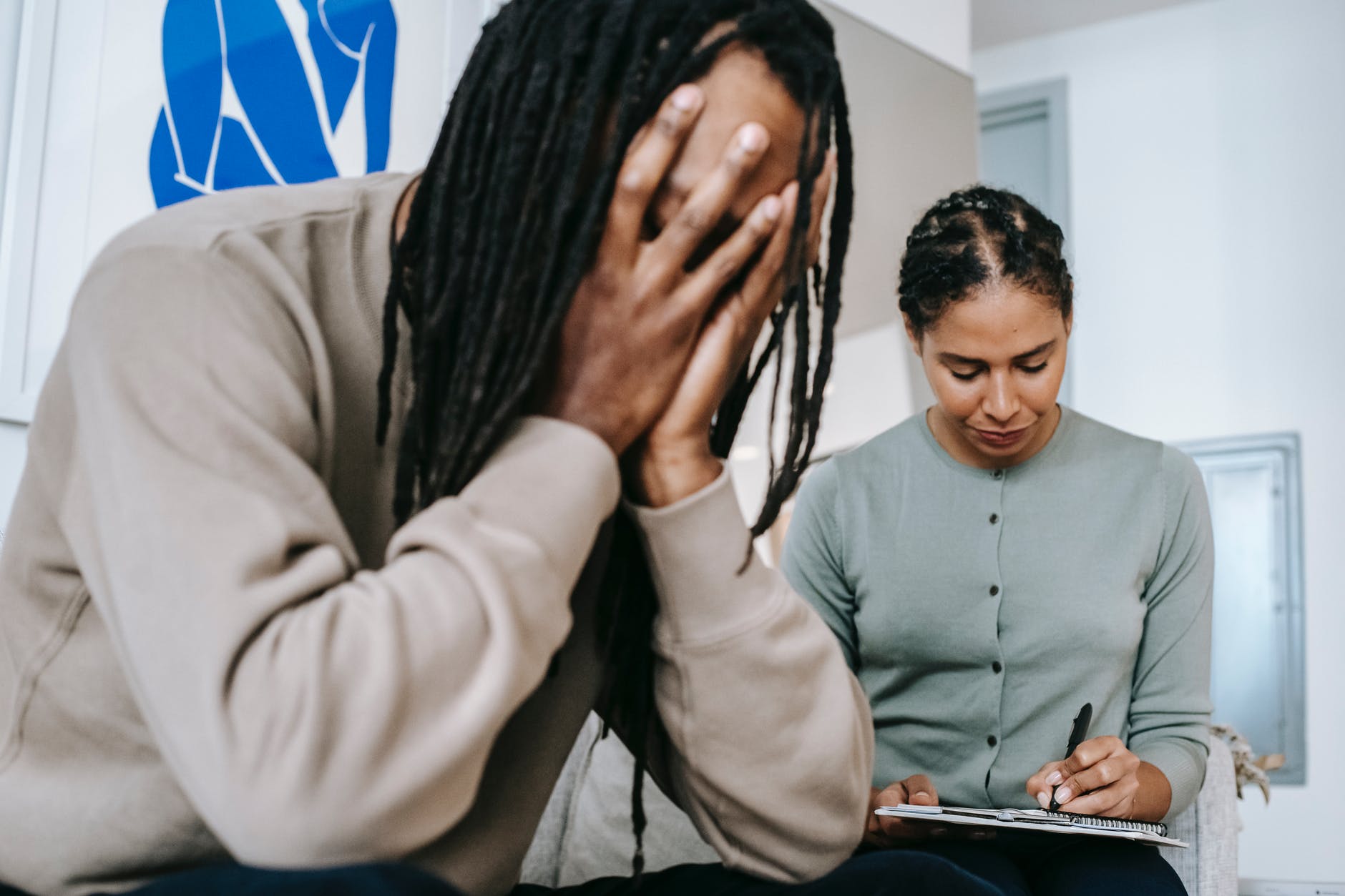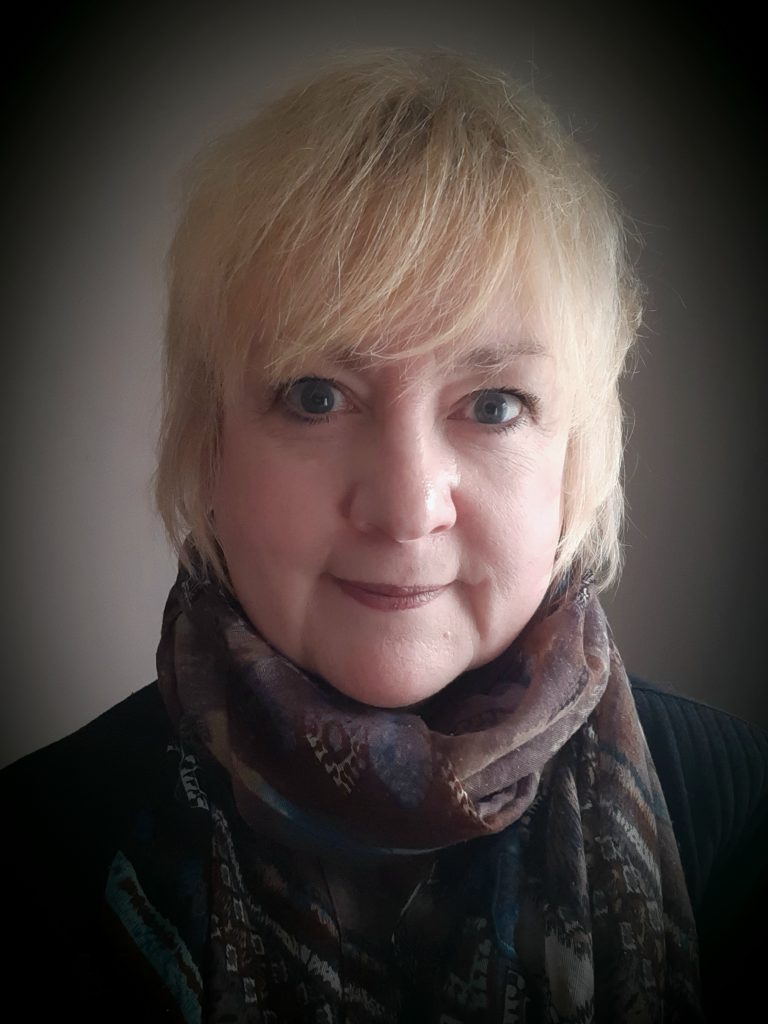Do you feel like your mind isn’t where you want it to be right now? Well, help is at hand – as psychotherapist, Sharon Hinsull, explains.
No doubt many of us breathed a sigh of relief at seeing the back of 2020, firmly pinning our hopes on a New Year that might, slowly but surely, start leading us back towards some semblance of normality.
But with the arrival of the New Year came an unwelcome reality check. Before 2021 even had a chance to get started, lockdown was back with a vengeance, this time bringing with it the return of school closures and a prevailing sense of fear and uncertainty concerning a new variant of Covid-19.
Even at the best of times, January can often feel an especially difficult month to deal with. The cold, dark winter days, coupled with a return to the humdrum of the daily working grind can be enough to put a downer on even the most promising and optimistic starts to a new year. Given all the gloom and doom that ushered in 2021, chances are that many of us will find ourselves struggling with low mood at some point this winter.

The charity Action for Mental Health anticipates there being a significant rise in the number of people experiencing difficulties as the New Year gets underway.
“After the rush of the holidays, January can be a difficult month. The festivities have ended; it’s cold and a long wait until payday. It is little wonder that the third Monday in January has been adopted as ‘the gloomiest day of the year.’”
Action for Mental Health
Whilst it might be difficult to ignore some of the factors that make the winter months especially challenging to deal with, for some people, a noticeable dip in mood at this time of year can be more than just a case of the January Blues.
Seasonal Affective Disorder (SAD) is a recognised form of depression that can strike at any time of year, but is most typically associated with the darker winter months. It is widely believed that a lack of exposure to natural daylight can be a significant factor in the development of seasonal depression which is why many people who are diagnosed with SAD find that using light therapy can be a helpful part of their treatment.

Recognising that New Year can be an exceptionally difficult time for anyone struggling with low mood, Action for Mental Health recommends reaching out for support at the earliest opportunity.
“For many already living with mental health issues, January can be a very isolating period haunted by disappointment, anxiety, sadness, depression or even suicidal thoughts. At this time of year, we all need to talk more than ever.”
Action for Mental Health
Should you find yourself experiencing a period of recurring low mood, try to speak with someone as soon as you possibly can. If you are unable to talk to your GP or a trusted friend or family member, Samaritans can be contacted in confidence 24 hours a day on 116 123.

Sources of Support
The Seasonal Affective Disorder Association provides information and guidance on the various treatment options for SAD, along with updates on the latest research into the condition. https://www.sada.org.uk/
- CALM
CALM’s helpline and webchat is open every day from 5pm to midnight every day. https://www.thecalmzone.net/ - Samaritans
Samaritans provide free, confidential round-the-clock support on 116 123. www.samaritans.org - SHOUT
SHOUT is a free 24/7 text service available to anyone in the UK. Text ‘SHOUT’ to 85258 and speak in confidence with a trained volunteer. https://giveusashout.org/.
Sharon Hinsull is a BACP registered counsellor and psychotherapist.










Leave a Comment
You must be logged in to post a comment.